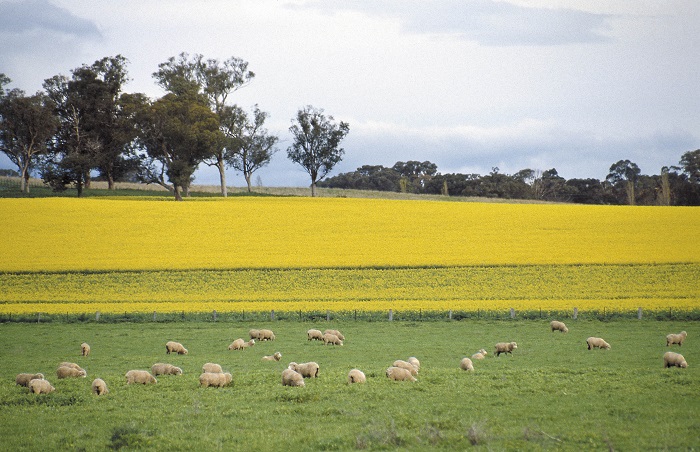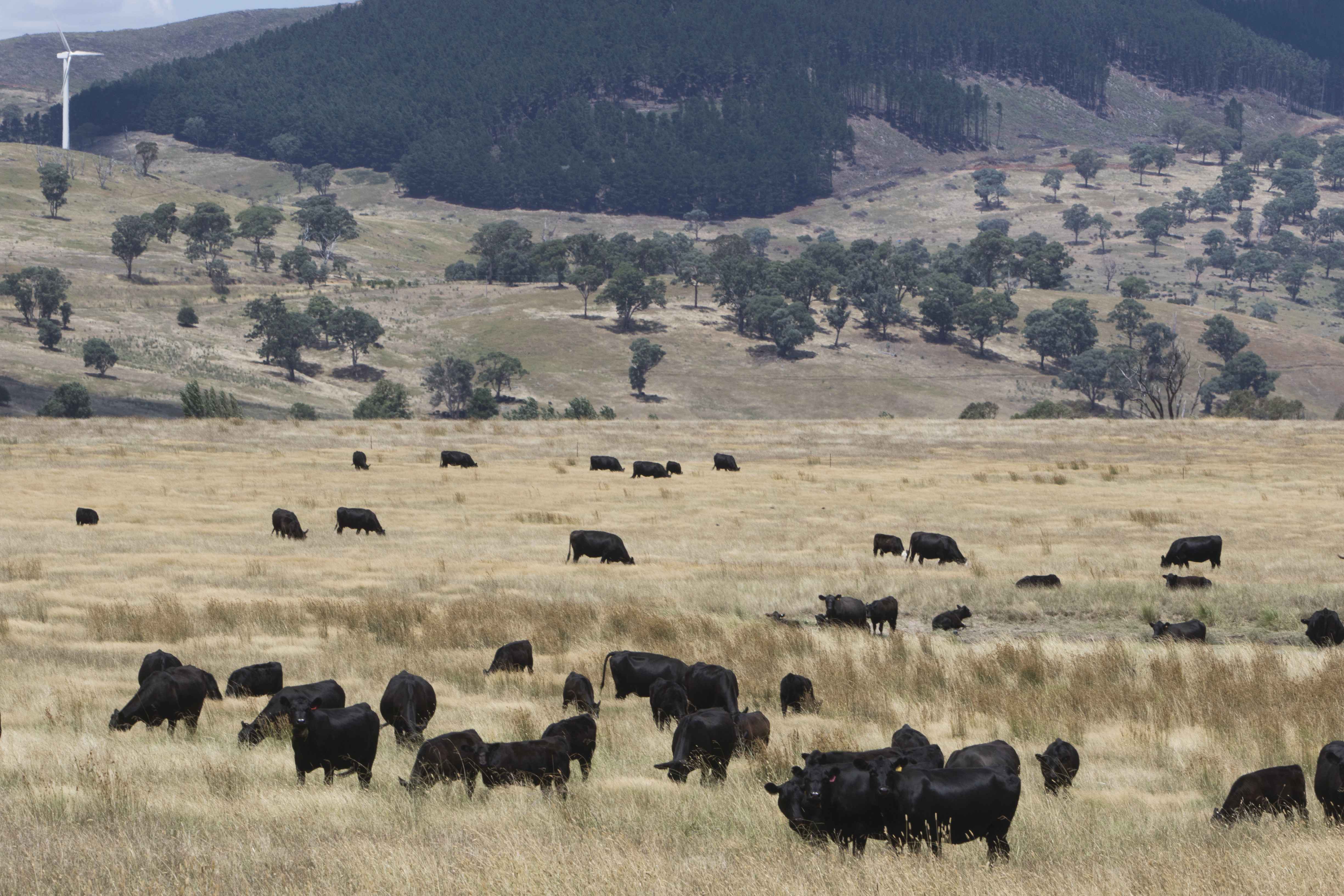Red meat and sustainable protein production
Key points on the role of red meat in sustainably using land to produce human-edible protein for a growing global population.

International Climate Policy Timeline
See how international policy has developed since 1988

DPI Climate makes significant contributions to new policy development at the State, National and International levels through our senior research scientists.
A summary of the global, national and state policy environments is provided, including links to those sources.
International policy
There are 3 main global bodies that influence international climate policy and 2 of these are science organisations that synthesise scientific evidence to underpin policy.
The primary body that establishes global climate policy is the United Nations through the United Nations Framework Convention on Climate Change (UNFCCC). Australia is a signatory to the UNFCCC.
The UNFCCC is informed by the scientific reports produced by the Intergovernmental Panel on Climate Change (IPCC). The IPCC was created to provide policy makers with regular scientific assessments on climate change, its implications and potential future risks, as well as to put forward adaptation and mitigation options (IPCC homepage accessed 25 May 2021). The IPCC also produces guidelines used for national greenhouse gas inventory reporting.
IPCC reports are produced by large international teams of scientists from multiple disciplines. Their role is to synthesise the relevant scientific literature. NSW DPI scientists contribute to assessment reports and inventory guidelines, providing expertise on topics such as carbon accounting for wood products, mitigation through bioenergy and biochar, and integrated land use management.
The World Meteorological Organisation (WMO) mandate/climate is a key provider of global climate data which inputs into the Intergovernmental Panel on Climate Change as a key partner. They also provide interpretation of global climate trends.
Australian National Climate Policy
Australia’s climate policy environment has been complicated by diverging community views and an economy that has a high reliance on fossil fuels.
National Climate Policy is set by the Australian Government and the Parliament of Australia has a brief summary of climate change policy and science in Australia here.
A more detailed discussion of climate change policy resides with the Federal Department of Industry, Science, Energy and Resources which describes Australia’s climate change strategies.
The Australian Government established the Climate Change Authority to provide expert climate policy advice to Government.
The CSIRO undertakes much of the national climate change research in Australia which is available to the public through their Climate Change in Australia website.
The Climate Research Strategy for Primary Industries (CRSPI) is a partnership between organisations that invest in climate research, development and extension for Australia’s Primary Industries. NSW DPI is a CRSPI partner.
The Future Drought Fund is an initiative of the Australian Government. The $5 billion Future Drought Fund provides continuous funding for drought resilience initiatives. It will help Australian Farms and communities.
NSW State Policy
The NSW Department of Planning Industry and Environment has charge of climate policy development in NSW. The NSW Climate Change Policy Framework provides the key policy documents relating to climate policy in NSW and includes the NSW Net Zero Plan which is still under development.
NSW DPI plays a critical role in researching the impacts, adaptations and mitigation opportunities for NSW primary industries and the local producers that make up the agriculture, forestry and fisheries of NSW. The Primary Industries Climate Change Research Strategy (link to new page) is the largest body of work undertaken by DPI at this point in time.
Within the NSW Government, the Department of Planning, Industry and Environment is the lead agency for climate change policy in NSW. One of the key information sources of climate change information in NSW is the Adapt NSW website.